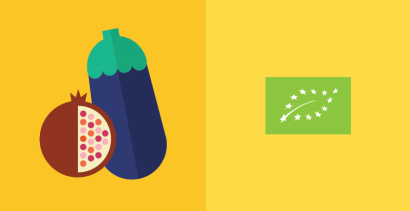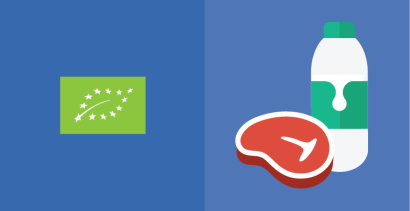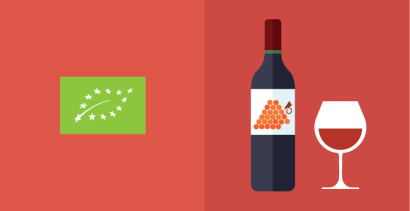Organic food production – how is it regulated?
Last Updated : 23 January 2019Organic refers to the way farmers grow and process agricultural products. Practices vary worldwide; however, organic foods are generally grown without synthetic pesticides, fertilisers or routine use of antibiotics or growth hormones. This article explains the regulation of organic food production, based on the two main legal frameworks in EU - one describing general production rules and the other focusing on technical details. 1,2,3
According to the legislation, the aim of organic food production is to help ensure a sustainable agricultural system that respects the health of soil, water, plants, and animals, and keeps the balance between those elements. It also strives to improve biological diversity and encourage more responsible use of energy and natural resources.4
Organic farming supports biodiversity by choosing appropriate species and varieties of plants and animals. Organic farmers use crop rotation, the old practice of growing different types of crops over different seasons to enhance soil fertility and prevent erosion. Waste or surplus farm materials such as slurry and animal bedding are recycled to fertilise the soil. The system encourages economic sustainability and rural development through locally organised agricultural systems and short supply chains. 5
The regulatory framework covers diverse topics including definitions, principles, production rules, and labelling requirements for various plant and animal-based food products. Rules for the control systems and the conversion of a conventional farm to an organic one are included as well. The regulation also contains rules regarding penalties in case of non-compliance.
Producers and processors that label and advertise products as organic can include the EU organic logo on the product’s packaging. The logo indicates that foods have been produced in accordance with the EU rules and are subject to organic control systems. However, it is important to note there are no specific quality requirements linked to organic food, and there are no laboratory methods to determine whether a product is organic or not. The EU control system certifies only the production processes, and not the products themselves.
References
- EC Regulation 2092/91. Council Directive of 24 June 1991 on organic production of agricultural products and indications referring thereto on agricultural products and foodstuffs. Official Journal of the European Union.
- EC Regulation 834/2007. Council Regulation 834/2007/EC of 28 June 2007 on organic production and labelling of organic products. Official Journal of the European Union L189, 20.07.2007:1-23.
- EC Regulation 889/2008. Commission Regulation 889/2008/EC of 5 September 2008 laying down detailed rules for the implementation of Council Regulation (EC) No 834/2007 on organic production and labelling of organic products with regard to organic productio
- Tuck S, et al. (2014). Land‐use intensity and the effects of organic farming on biodiversity: a hierarchical meta‐analysis. Journal of Applied Ecology 51(3), 746-755.
- Pugliese P (2001). Organic farming and sustainable rural development: A multifaceted and promising convergence. Sociologia ruralis 41(1): 112-130.



